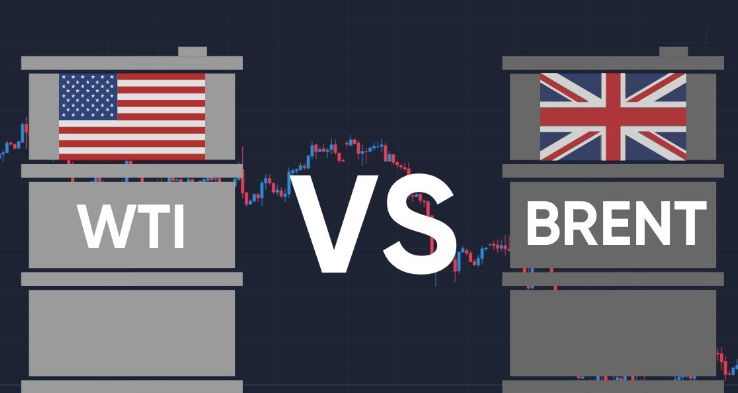What is difference in WTI and Brent Crude Oil?

WTI (West Texas Intermediate) and Brent Crude are two of the most widely recognized crude oil benchmarks, but they have some key differences:
- Geographic Origin:
- WTI is sourced primarily from the United States, specifically from the Permian Basin in Texas.
- Brent Crude is extracted from the North Sea, which includes fields located in the United Kingdom and Norway.
- Sulfur Content:
- WTI is known for its lower sulfur content, making it a “sweet” crude oil. This lower sulfur content makes it easier and cheaper to refine into gasoline and other products, and it typically commands a premium price compared to sour crude oils.
- Brent Crude is also considered sweet, but it contains slightly higher sulfur levels than WTI.
- API Gravity:
- WTI generally has a higher API gravity (around 39-42) compared to Brent Crude (around 38-39). Higher API gravity indicates that WTI is a lighter crude oil, which means it contains fewer heavy hydrocarbons and is easier to refine into gasoline.
- Pricing and Market Influence:
- WTI historically served as a benchmark for crude oil pricing in the Americas, particularly in the United States. It’s closely associated with the NYMEX WTI futures contract.
- Brent Crude, on the other hand, is a global benchmark and is used as a reference for oil prices in Europe, Asia, and many other parts of the world. It’s associated with the ICE Brent futures contract.
- Price Spread:
- The price of WTI and Brent Crude can vary significantly, and the price spread between them can fluctuate due to supply and demand dynamics, geopolitical events, and infrastructure constraints. In the past, WTI has often traded at a slight premium to Brent, but this relationship can change over time.
It’s important to note that while WTI and Brent Crude are influential benchmarks, there are many other types of crude oil with varying characteristics traded in global markets. These differences in crude oil types can have implications for refining, pricing, and market dynamics.
Read more: Risk is unavoidable in Stock market for traders?